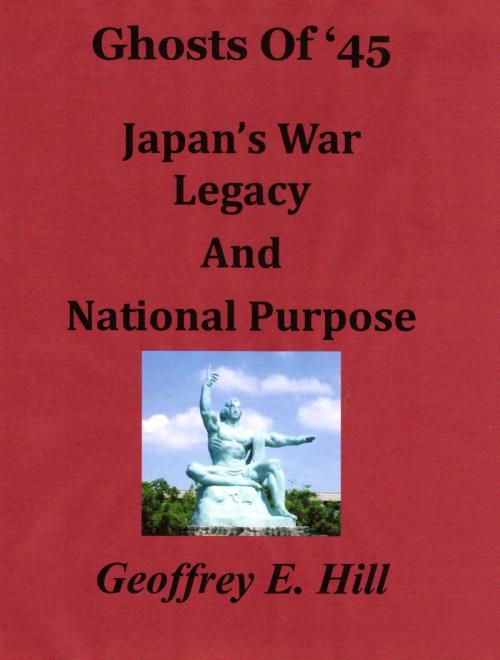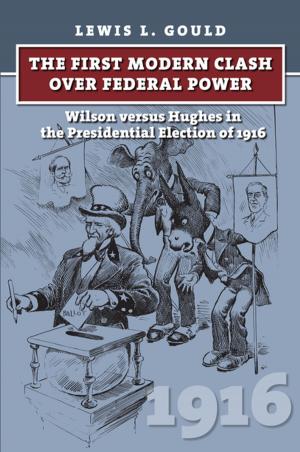Ghosts of '45: Japan's War Legacy and National Purpose
Nonfiction, History, Asian, Japan, Modern, 20th Century| Author: | Geoffrey E. Hill | ISBN: | 9781311083241 |
| Publisher: | Geoffrey E. Hill | Publication: | May 16, 2014 |
| Imprint: | Smashwords Edition | Language: | English |
| Author: | Geoffrey E. Hill |
| ISBN: | 9781311083241 |
| Publisher: | Geoffrey E. Hill |
| Publication: | May 16, 2014 |
| Imprint: | Smashwords Edition |
| Language: | English |
In Ghost's of '45, Geoffrey Hill addresses the great questions still revolving around Japan's past militarism---how did it get started, why were they so aggressive, why were individuals so submissive to authority, what was the reason Japanese felt superior, was American bombing and the atomic bombs really justified, why are the Japanese reluctant to recognize their militaristic past, and what can the Japanese do to emerge from this predominantly negative war legacy.
Hill visited Japan many times and observed innumerable characteristics of Japanese culture as well as its war legacy. While the roots of Japan's modern militaristic period go back into the nineteenth century, it was the attack on Pearl Harbor that led to the inevitable end. But was it really the end? For military aggression the answer is certainly yes, but for national pride and purpose based upon long-standing values, the answer is no.
Hill explores these questions and issues by drawing upon the insights of native Japanese experienced with western culture and American POWs held in Japan. The goal was to get a balanced view of history, especially what led to World War II and its aftermath. Hill utilized his skills as a scientist to build what he hopes is an objective view of what confronts Japan today.
In Ghost's of '45, Geoffrey Hill addresses the great questions still revolving around Japan's past militarism---how did it get started, why were they so aggressive, why were individuals so submissive to authority, what was the reason Japanese felt superior, was American bombing and the atomic bombs really justified, why are the Japanese reluctant to recognize their militaristic past, and what can the Japanese do to emerge from this predominantly negative war legacy.
Hill visited Japan many times and observed innumerable characteristics of Japanese culture as well as its war legacy. While the roots of Japan's modern militaristic period go back into the nineteenth century, it was the attack on Pearl Harbor that led to the inevitable end. But was it really the end? For military aggression the answer is certainly yes, but for national pride and purpose based upon long-standing values, the answer is no.
Hill explores these questions and issues by drawing upon the insights of native Japanese experienced with western culture and American POWs held in Japan. The goal was to get a balanced view of history, especially what led to World War II and its aftermath. Hill utilized his skills as a scientist to build what he hopes is an objective view of what confronts Japan today.















